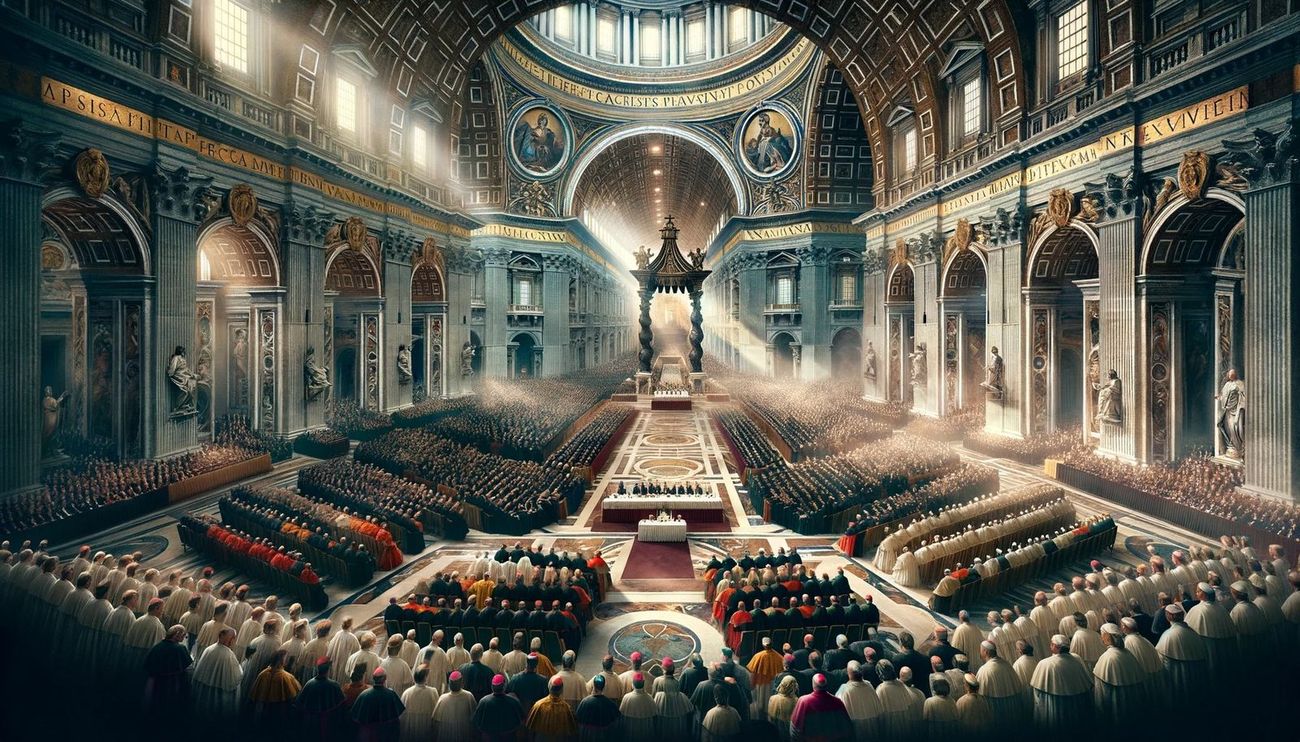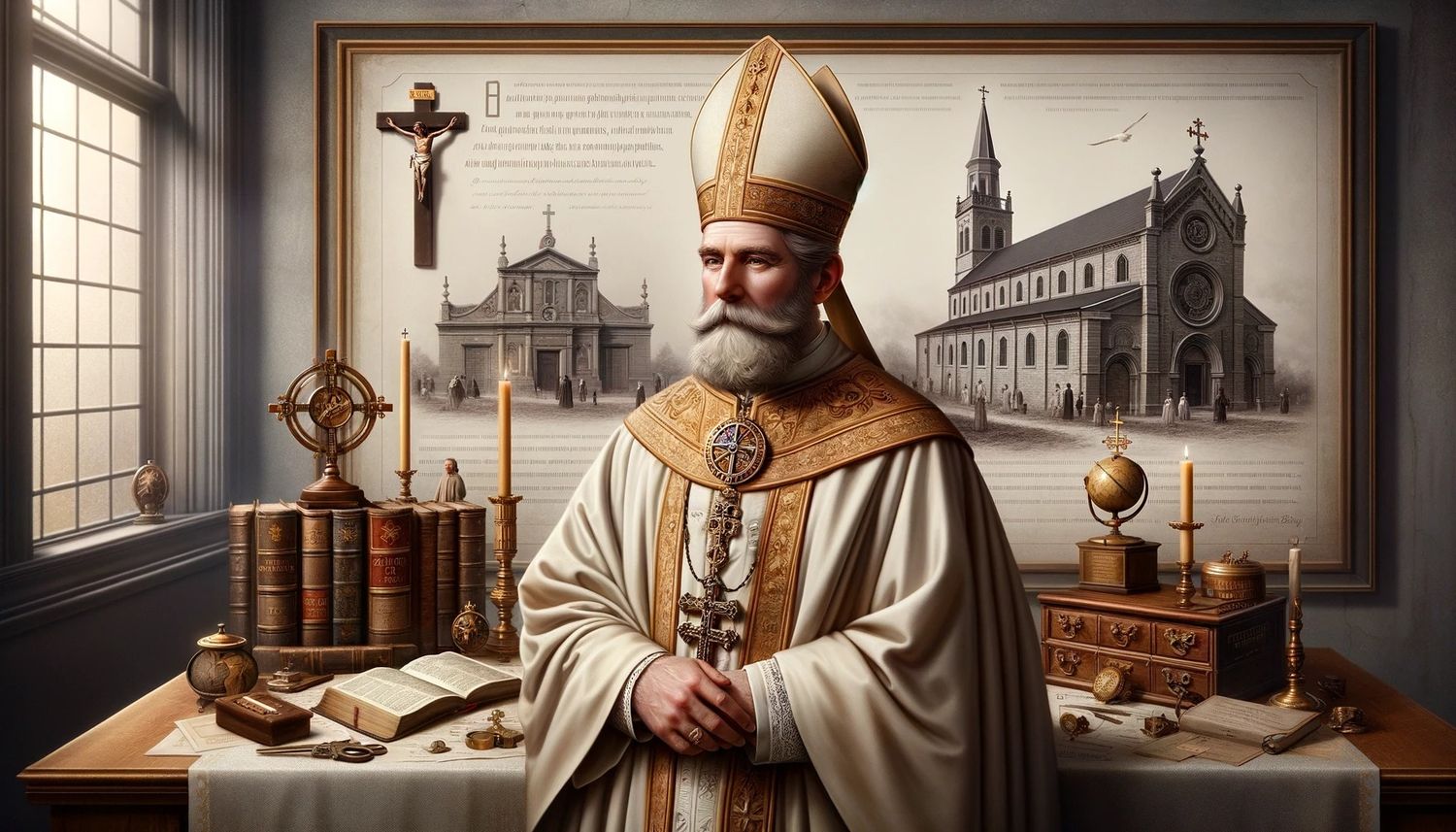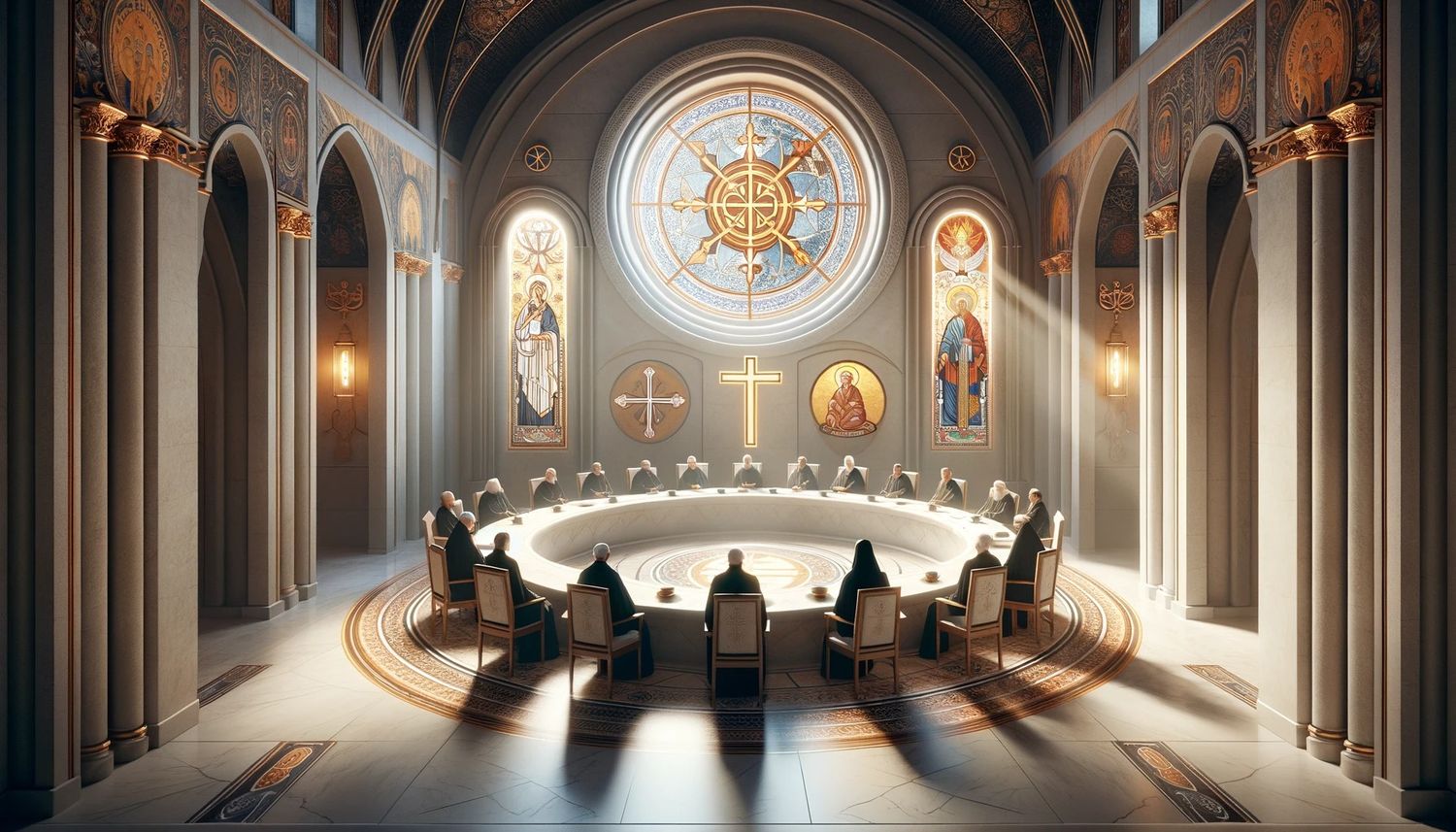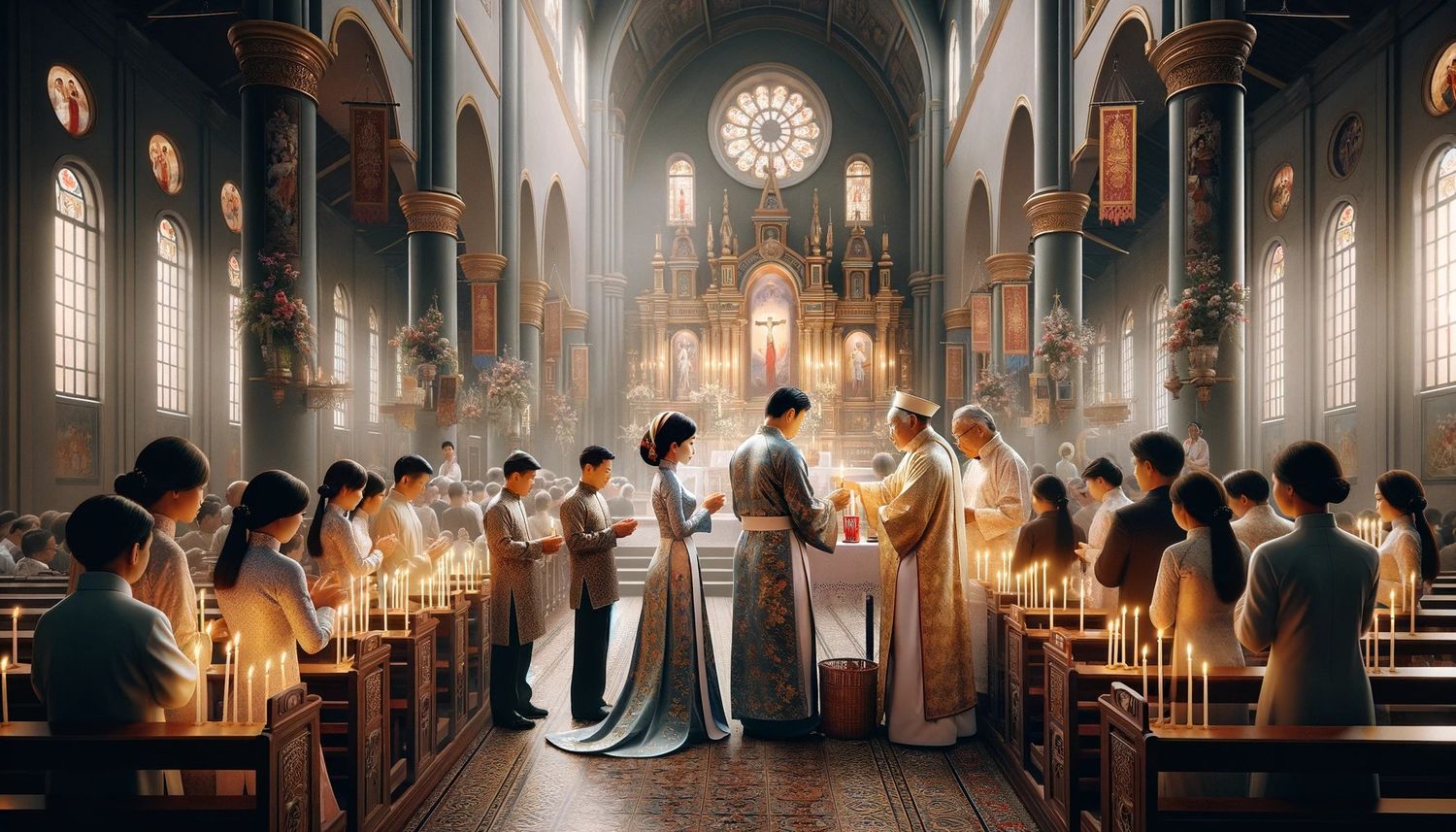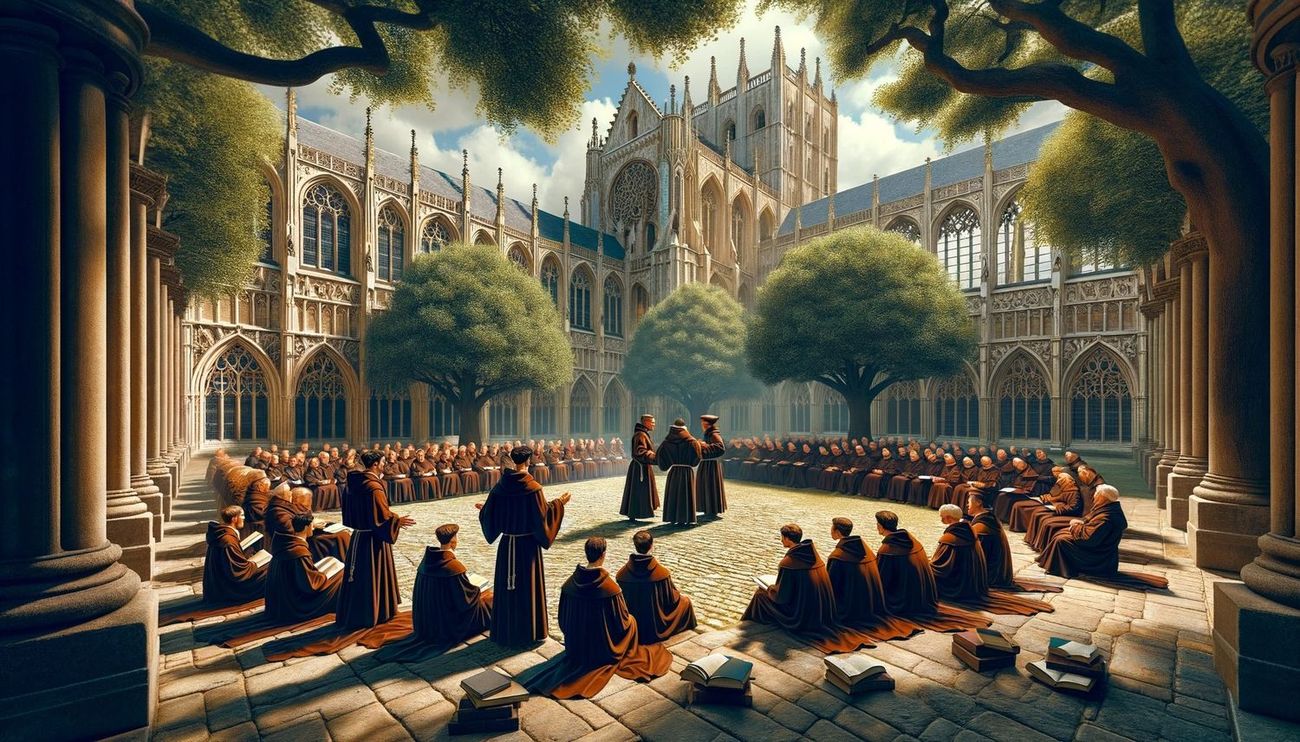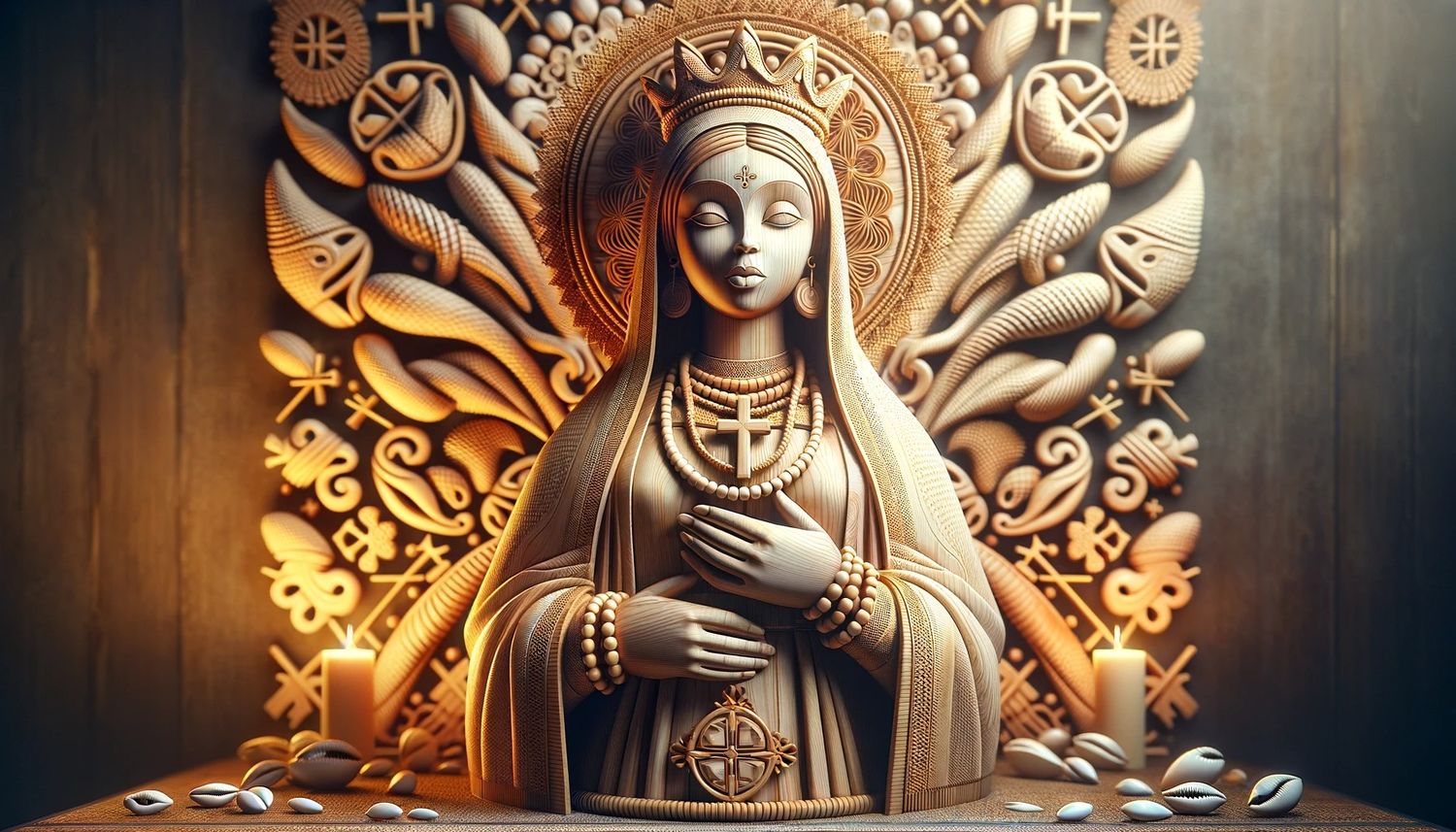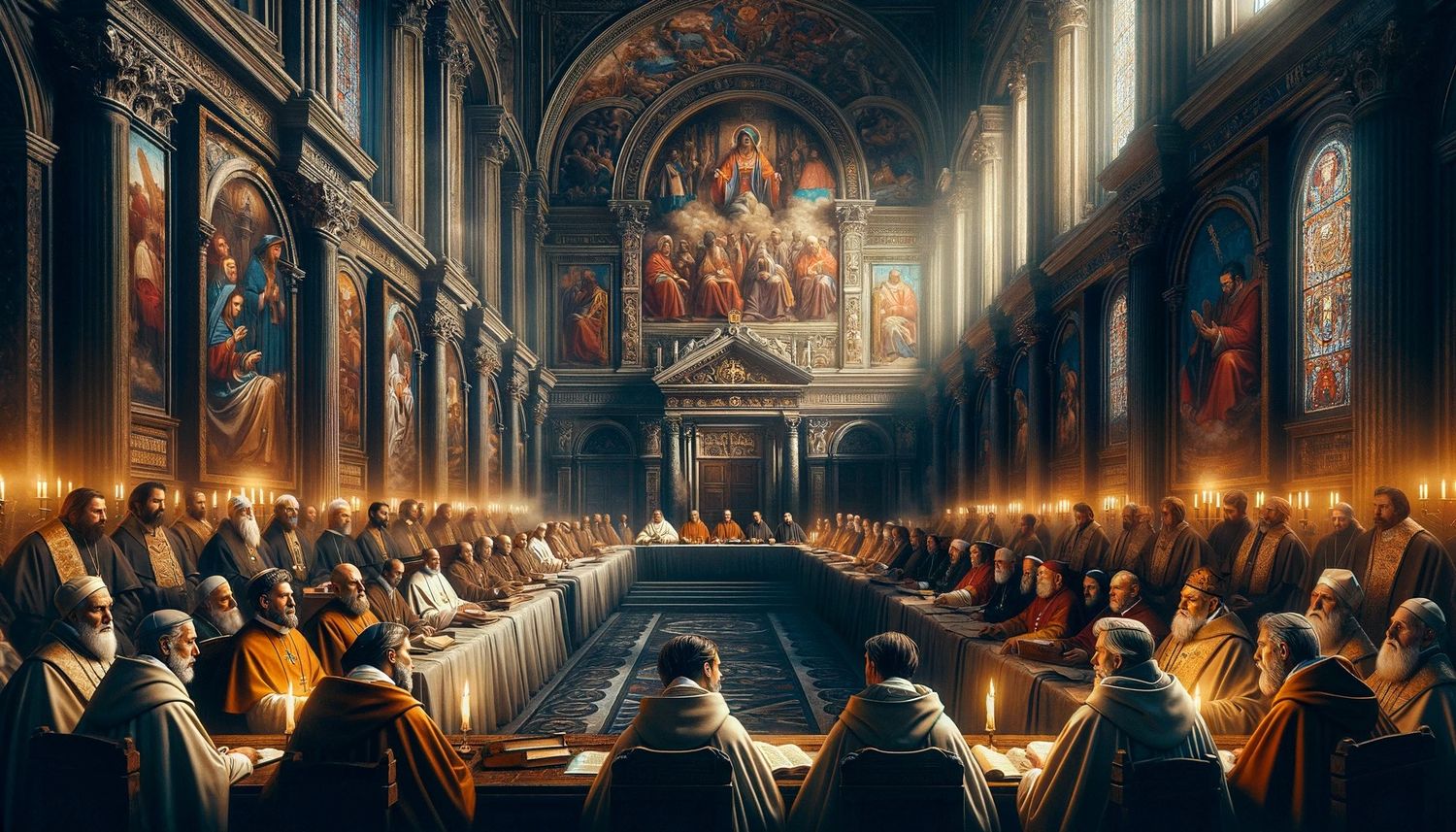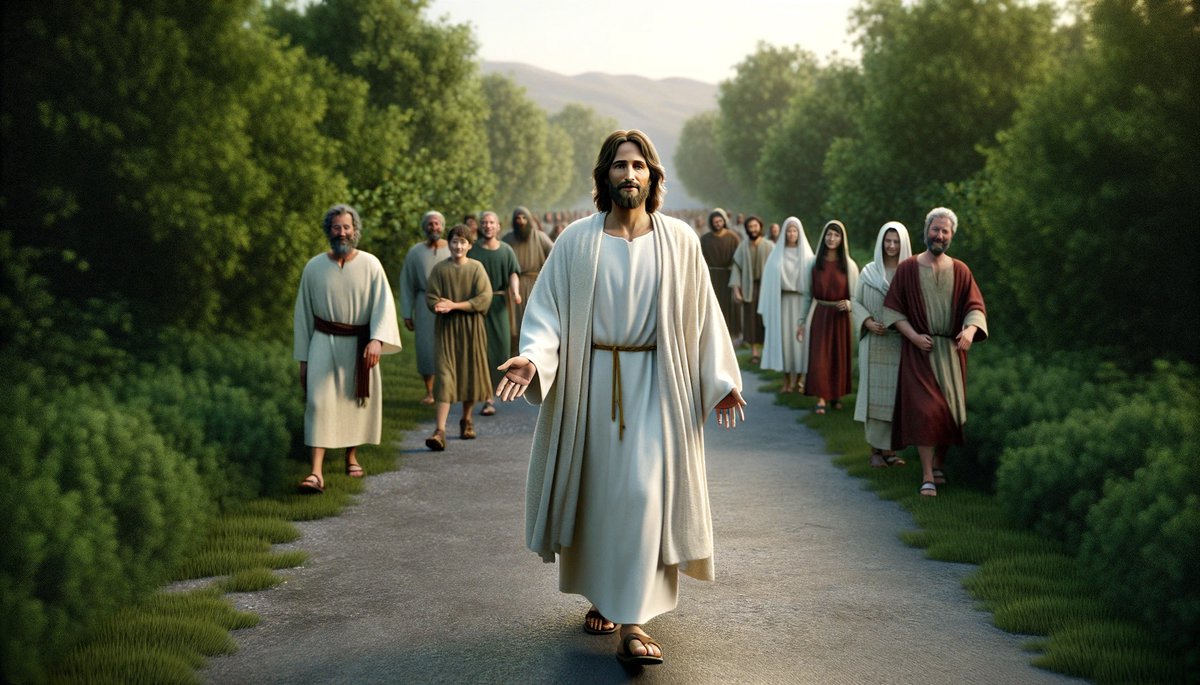Home>Theology and Spirituality>The Council Of Trent: Which Helped To Define Catholicism In The Following Four Hundred Years
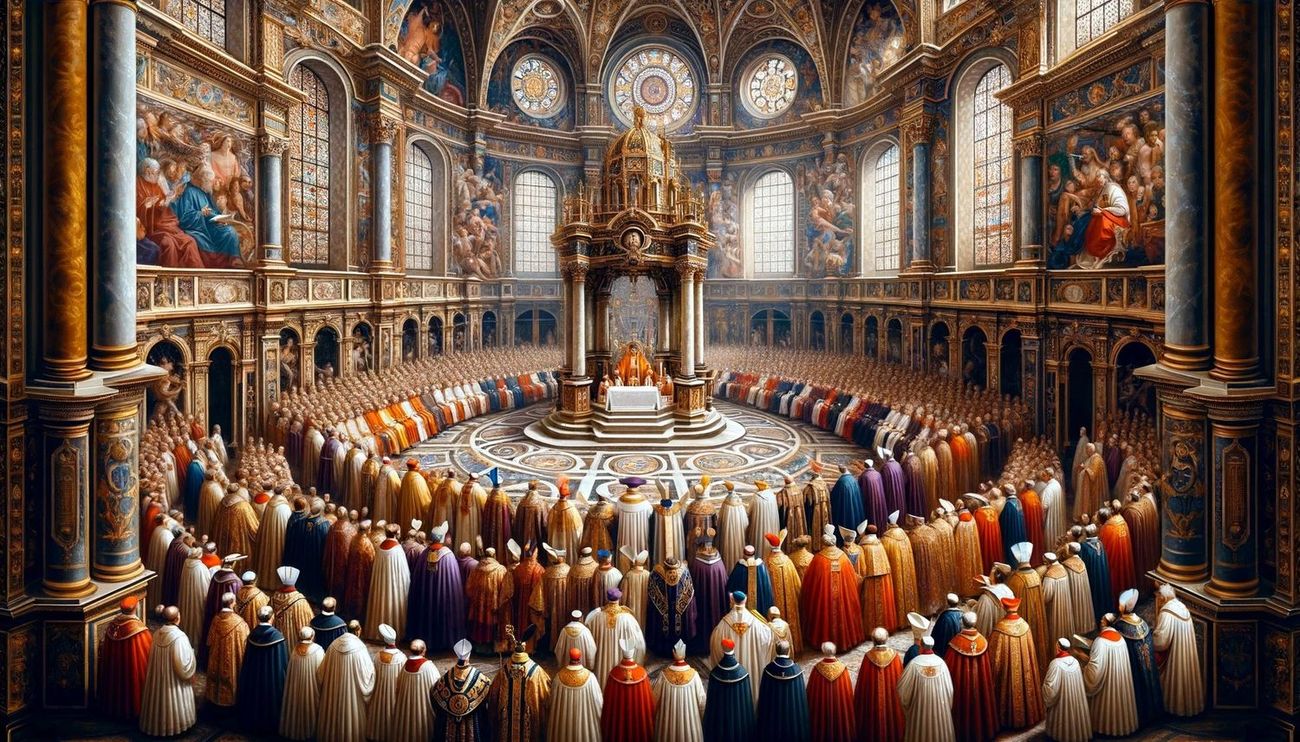

Theology and Spirituality
The Council Of Trent: Which Helped To Define Catholicism In The Following Four Hundred Years
Published: February 16, 2024
Jason DeRose, Managing Editor at Christian.net, uses his expertise in religion and journalism to deepen understanding of faith's societal impacts. His editorial leadership, coupled with a strong academic background, enriches the platform’s diverse content, earning him recognition in both journalism and religious circles.
Discover the impact of the Council of Trent on Catholicism and its enduring influence on theology and spirituality over the past four centuries. Explore the pivotal role of this historic event in shaping the faith and beliefs of the Catholic Church.
(Many of the links in this article redirect to a specific reviewed product. Your purchase of these products through affiliate links helps to generate commission for Christian.net, at no extra cost. Learn more)
Table of Contents
Introduction
The Council of Trent stands as a pivotal moment in the history of the Catholic Church, shaping its doctrines, practices, and identity for centuries to come. This historic council, convened in response to the Protestant Reformation, not only addressed the theological challenges of its time but also laid the groundwork for the development of Catholicism in the following four hundred years.
The Council of Trent, held in multiple sessions between 1545 and 1563, was a response to the profound religious and theological upheaval brought about by the Protestant Reformation. As the Protestant movement gained momentum, the Catholic Church found itself facing significant challenges to its authority, doctrines, and practices. In response, the council sought to address these challenges and reaffirm the teachings and traditions of the Catholic faith.
The impact of the Council of Trent extended far beyond the 16th century, influencing the course of Catholicism for the next four hundred years. Its decrees and reforms not only addressed the theological issues of its time but also set the stage for the development of Catholic doctrine, liturgy, and ecclesiastical structures in the centuries that followed.
As we delve into the background, decrees, and impact of the Council of Trent, we will gain a deeper understanding of its profound influence on the Catholic Church and how it helped to define Catholicism in the following four hundred years.
Read more: Which Is Older: Christianity Or Catholicism
Background of the Council of Trent
The Council of Trent, convened by Pope Paul III in the mid-16th century, was a direct response to the challenges posed by the Protestant Reformation. As the Reformation gained momentum, the Catholic Church faced a profound crisis of authority, doctrine, and practice. The need to address these challenges and reaffirm the teachings and traditions of the Catholic faith led to the convening of the Council of Trent.
The council's primary objectives were to address the theological issues raised by the Protestant reformers, to reform certain ecclesiastical practices, and to reaffirm the authority of the Church. The council sought to clarify and reaffirm Catholic doctrines, particularly in response to the theological positions advanced by Protestant leaders such as Martin Luther and John Calvin.
The council's proceedings were marked by intense debates and deliberations, as bishops, theologians, and papal representatives grappled with the theological and ecclesiastical issues at hand. The council addressed a wide range of topics, including the authority of scripture and tradition, the nature of justification, the sacraments, the veneration of saints and relics, and the role of the clergy.
The backdrop of the council was one of significant religious and political upheaval. The Protestant Reformation had sparked widespread religious dissent and had led to the establishment of Protestant churches across Europe. In response, the Catholic Church sought to reaffirm its teachings and to address the challenges posed by the Protestant movement.
The Council of Trent was not only a response to the theological and ecclesiastical challenges of its time but also a pivotal moment in the history of the Catholic Church. Its deliberations and decrees would have a lasting impact on the development of Catholic doctrine, practice, and identity in the centuries that followed.
The council's significance extended far beyond the 16th century, shaping the course of Catholicism for the next four hundred years. Its decisions and decrees would leave an indelible mark on the Catholic Church, influencing its trajectory and development well into the modern era.
Decrees and Reforms of the Council
The Council of Trent produced a series of decrees and reforms that addressed a wide range of theological, doctrinal, and ecclesiastical issues. These decrees not only sought to clarify and reaffirm Catholic teachings but also aimed to initiate reforms within the Church. The council's deliberations led to the formulation of decrees that would have a profound and lasting impact on the development of Catholicism.
One of the central issues addressed by the council was the authority of scripture and tradition. In response to the Protestant emphasis on scripture alone (sola scriptura), the council affirmed the equal authority of sacred tradition alongside the scriptures in forming the basis of Christian doctrine. This reaffirmation of tradition as a source of divine revelation served to counter the Protestant rejection of certain traditional Catholic teachings and practices.
The council also addressed the doctrine of justification, a key point of contention between Catholics and Protestants. The decrees of Trent affirmed the Catholic understanding of justification, emphasizing the role of faith and good works in the process of salvation. This reaffirmation of the Catholic position on justification served to distinguish it from the teachings of the Protestant reformers, contributing to the theological divergence between the two traditions.
In addition to doctrinal matters, the council initiated significant reforms in the areas of clerical education, discipline, and the conduct of the clergy. The decrees of Trent emphasized the need for the education and formation of clergy, seeking to address issues of ignorance and misconduct among the clergy. The council also sought to reform certain ecclesiastical practices, including the sale of indulgences and the conduct of church officials, aiming to restore integrity and discipline within the Church.
Furthermore, the council addressed the sacraments, affirming the seven sacraments of the Catholic Church and providing clarity on their nature and efficacy. The decrees of Trent reaffirmed the sacramental system of the Church, countering the rejection of certain sacraments by the Protestant reformers and emphasizing the importance of the sacraments in the life of the faithful.
The decrees and reforms of the Council of Trent were not only a response to the challenges posed by the Protestant Reformation but also a catalyst for significant developments within the Catholic Church. These decrees and reforms would shape the course of Catholicism for centuries to come, leaving a lasting imprint on the doctrine, practice, and identity of the Church.
Impact of the Council on Catholicism
The Council of Trent exerted a profound and far-reaching impact on the development and trajectory of Catholicism, shaping the beliefs, practices, and identity of the Church for the following four hundred years. The decrees and reforms enacted during the council's deliberations left an indelible mark on the Catholic Church, influencing its theological, doctrinal, and ecclesiastical landscape in significant ways.
One of the most notable impacts of the Council of Trent was the reaffirmation and clarification of Catholic doctrine in response to the challenges posed by the Protestant Reformation. The council's decrees served to solidify and articulate key tenets of Catholic belief, providing a clear and authoritative response to the theological positions advanced by the Protestant reformers. This reaffirmation of Catholic doctrine not only strengthened the theological foundation of the Church but also contributed to the delineation of distinct theological identities between Catholicism and Protestantism.
Furthermore, the council's emphasis on the sacraments and their efficacy played a pivotal role in shaping the religious life of Catholics in the centuries that followed. The reaffirmation of the seven sacraments and the clarification of their nature and significance underscored the sacramental character of Catholic spirituality, influencing the religious practices and devotional life of the faithful. This emphasis on the sacraments as channels of divine grace continued to permeate the spiritual ethos of Catholicism, shaping the religious experiences and rituals of generations of believers.
Moreover, the Council of Trent's reforms in the area of clerical education and discipline had a lasting impact on the formation and conduct of the clergy. The council's decrees underscored the importance of education and moral integrity among the clergy, seeking to address issues of misconduct and ignorance within the ecclesiastical ranks. These reforms contributed to the cultivation of a more educated, disciplined, and morally upright clergy, shaping the leadership and pastoral care within the Catholic Church for centuries to come.
Additionally, the council's affirmation of the authority of tradition alongside scripture served to reinforce the enduring significance of tradition in shaping Catholic belief and practice. This reaffirmation of tradition as a source of divine revelation underscored the continuity and stability of Catholic teachings, providing a theological framework that would endure for centuries, influencing the development of Catholic theology and spirituality.
In essence, the Council of Trent's impact on Catholicism was profound and multifaceted, shaping the beliefs, practices, and institutional structures of the Church for the following four hundred years. The council's decrees and reforms not only addressed the challenges of its time but also laid the groundwork for the development and articulation of Catholicism in the modern era, leaving an enduring legacy that continues to resonate within the Church today.
Legacy of the Council in the Following Four Hundred Years
The legacy of the Council of Trent reverberated throughout the subsequent four centuries, leaving an indelible imprint on the trajectory of Catholicism. The decrees and reforms enacted during the council's deliberations continued to shape the beliefs, practices, and institutional structures of the Catholic Church, exerting a lasting influence on its development and identity.
One of the enduring legacies of the Council of Trent was its impact on the theological and doctrinal landscape of Catholicism. The reaffirmation and articulation of Catholic doctrine in response to the challenges posed by the Protestant Reformation provided a solid theological foundation that endured for centuries. The council's decrees served as a bulwark against theological challenges and contributed to the delineation of distinct theological identities between Catholicism and Protestantism, shaping the theological discourse within the Church for generations to come.
Furthermore, the emphasis on the sacraments and their efficacy, as articulated by the council, continued to permeate the religious life of Catholics in the centuries following Trent. The sacramental character of Catholic spirituality, underscored by the council's decrees, influenced the religious practices, devotional life, and liturgical expressions of the faithful, shaping the religious experiences of countless generations.
The Council of Trent's reforms in the area of clerical education and discipline also left a lasting legacy, shaping the formation and conduct of the clergy in the ensuing centuries. The emphasis on education, moral integrity, and discipline among the clergy, as articulated by the council, contributed to the cultivation of a more educated, virtuous, and dedicated ecclesiastical leadership, influencing the pastoral care and spiritual guidance provided to the faithful.
Moreover, the council's affirmation of the authority of tradition alongside scripture continued to resonate within the theological framework of Catholicism. The enduring significance of tradition in shaping Catholic belief and practice, reaffirmed by the council, provided a theological continuity that endured for centuries, influencing the development of Catholic theology, spirituality, and ecclesial identity.
In essence, the legacy of the Council of Trent in the following four hundred years was characterized by its enduring impact on the theological, liturgical, and institutional dimensions of Catholicism. The council's decrees and reforms provided a foundation that shaped the course of the Catholic Church, leaving a legacy that continues to inform and inspire the faith and practice of Catholics around the world.
